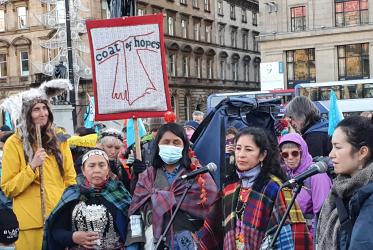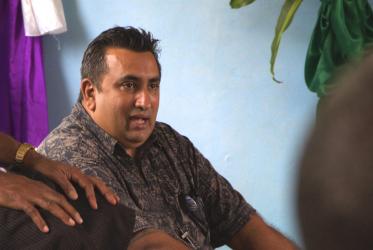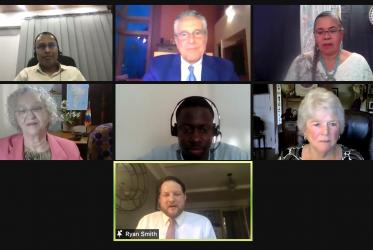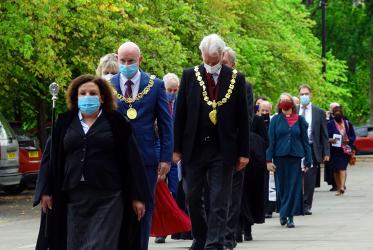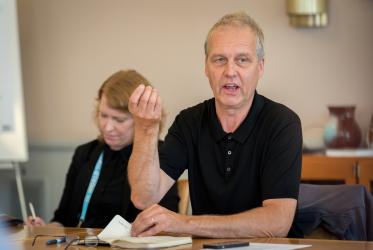Displaying 81 - 100 of 108
Protecting Ethiopia’s church forests
27 October 2021
Climate crisis fuels existing water injustice
27 October 2021
EWN members stand in solidarity with water and land defenders
21 September 2021
Can we end our societal addiction to fossil fuels?
12 August 2021
Ecumenical International Youth Day 2021 Event Toolkit
Young People and Climate Justice
06 August 2021
Defending the ‘blue soul of life’
08 April 2021


